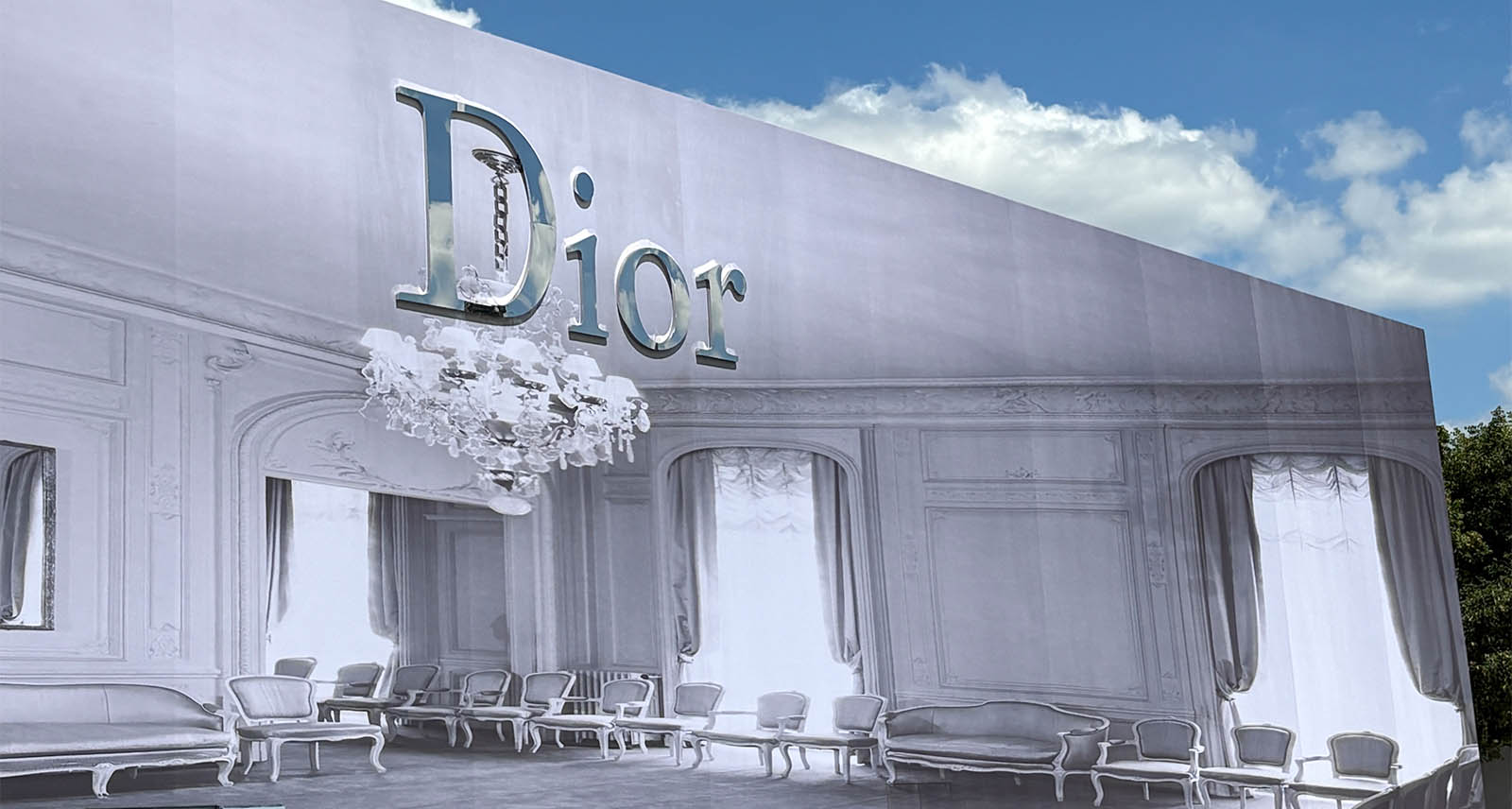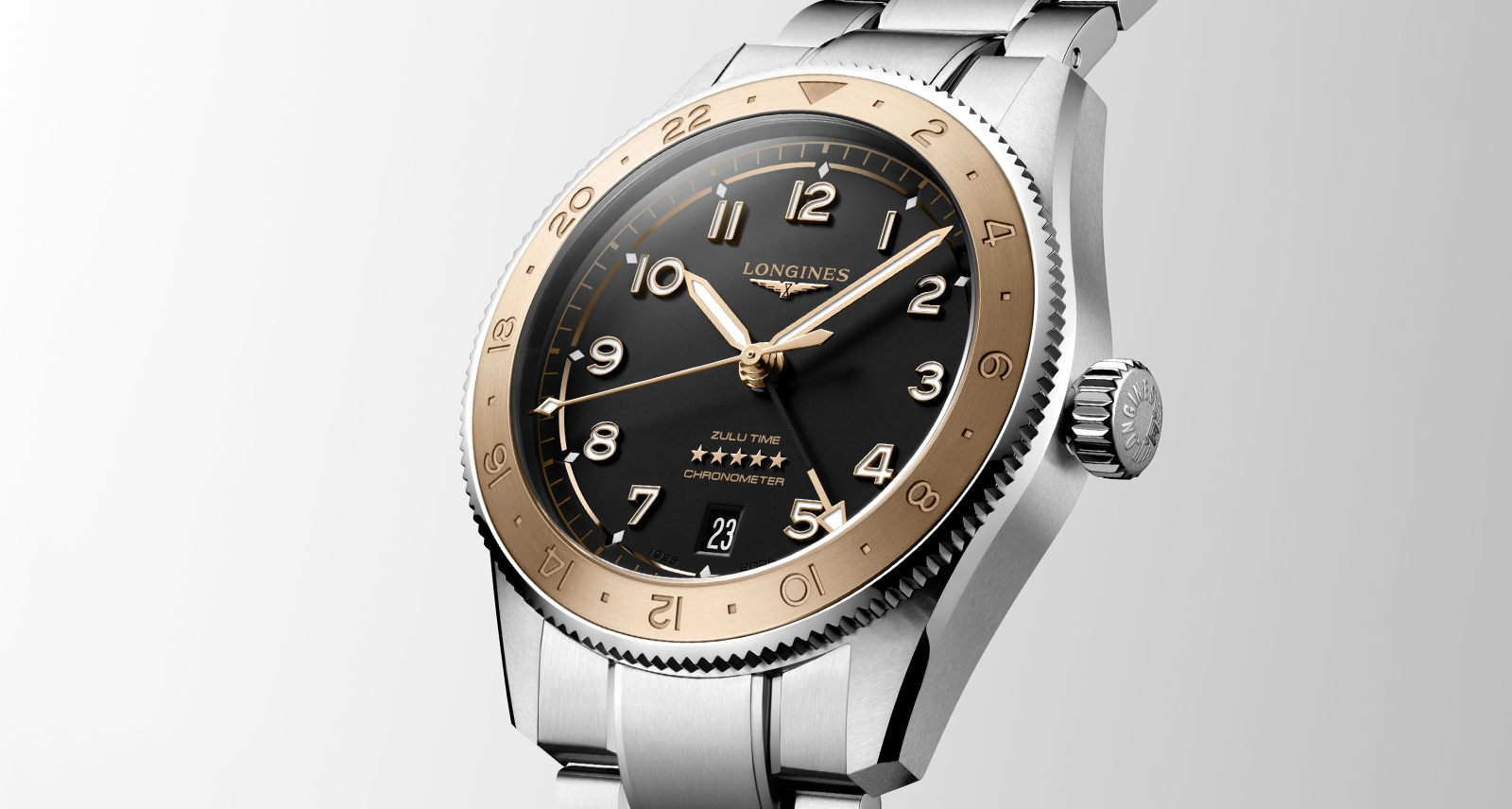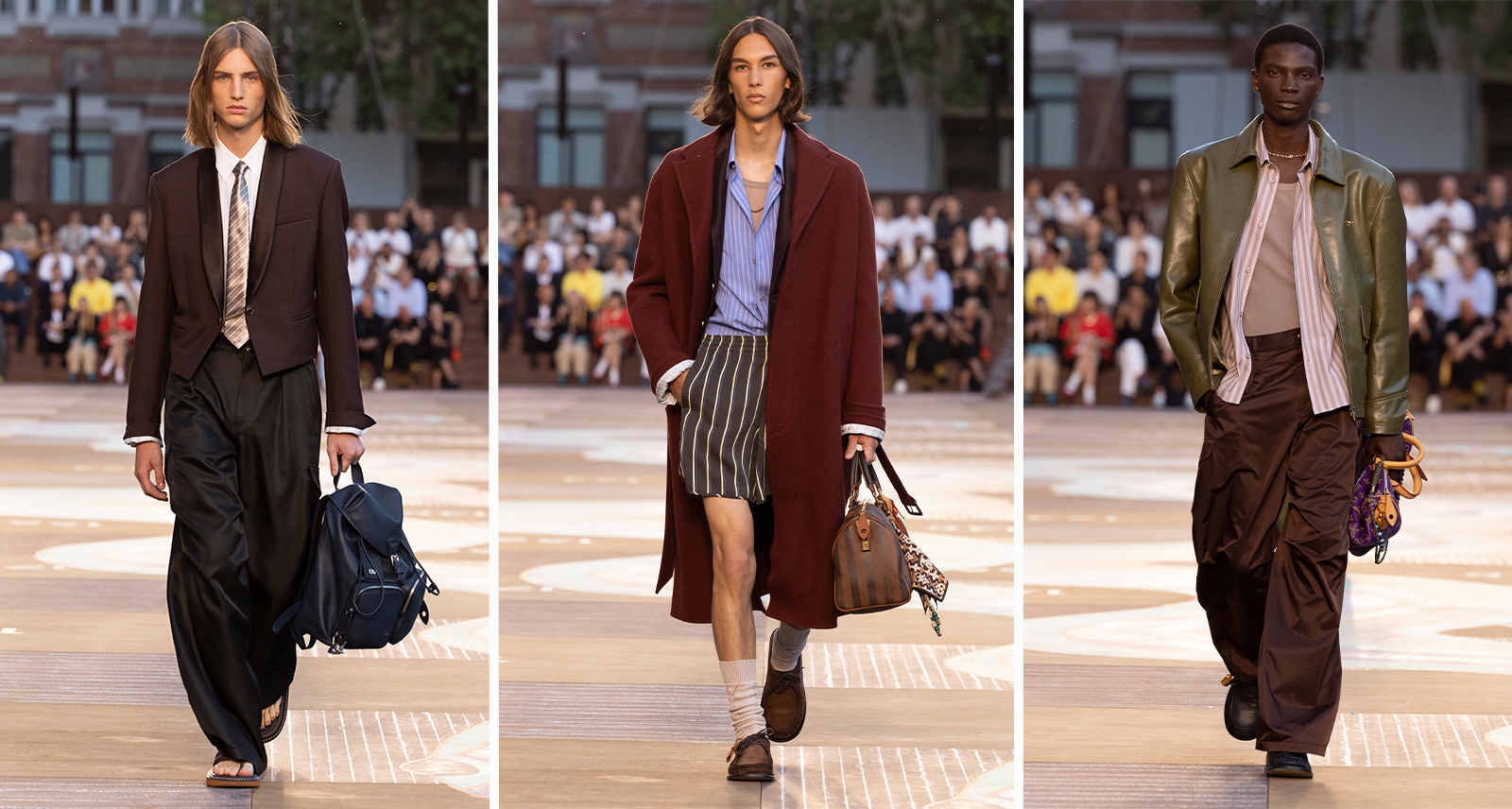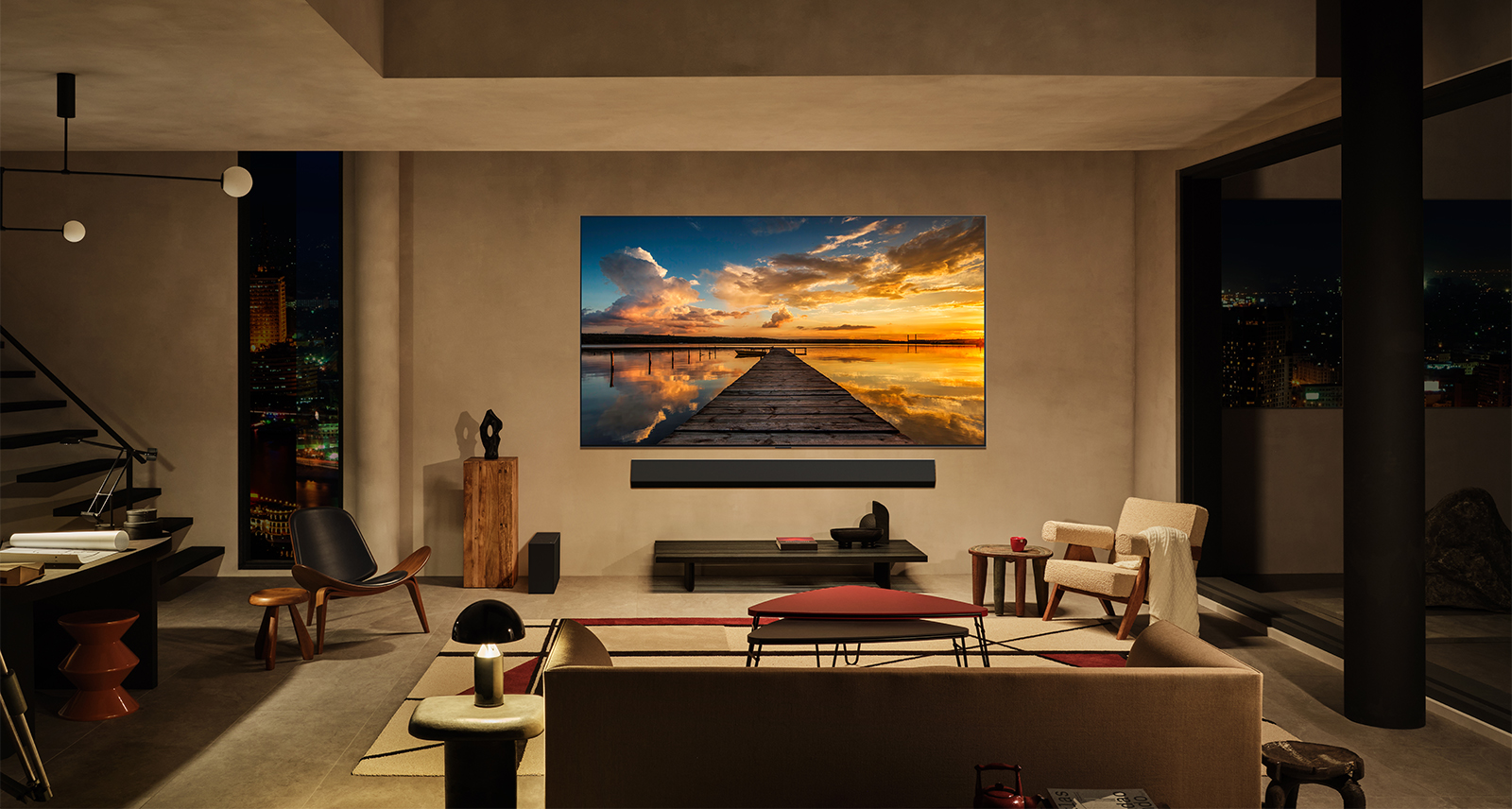Armie Hammer on ‘Hotel Mumbai,’ Spiders, and the ‘Call Me By Your Name’ Sequel
“You just never know where the cultural zeitgeist will be when you start making a movie,” says Armie Hammer. The 32-year-old actor, speaking at the 2018 Toronto International Film Festival following the premiere of his new film Hotel Mumbai, returns with another film that captures the cultural pulse. After breaking out in a dual role as the Winklevoss twins in David Fincher’s 2010 Facebook drama The Social Network, Hammer is back on track after a career that began with pattern of moving two steps forward, one step back. Even when the movies don’t click with audiences, Hammer is consistently appealing as a character actor in a leading man’s body.
Really, though, it wasn’t truly Hammer time until 2017. Playing the brooding love interest Oliver to Elio (Timothée Chalamet) in Luca Guadagnino’s May-December romance Call Me By Your Name, Hammer finally landed the role that maximized his potential as a hunky man of few words. His performance enlivened Oliver with silent, introspective reaction shots that let audiences into the character’s heart as well as head. Equally surprising was his gonzo performance playing a coked-out corporate tycoon who built an empire by transforming black men into workhorses (literally) in Boots Riley’s anti-capitalist satire Sorry to Bother You.
Hammer brings the same element of surprise to the role of David in Hotel Mumbai, a riveting drama about the 2008 hostage crisis in Mumbai’s iconic Taj Hotel. The film, directed by newcomer Anthony Maras, dramatizes the episode in which Jihadist terrorists waged a series of well-coordinated attacks in Mumbai that culminated with the historic seven-story hotel becoming a hunting ground where tourists and staff were slaughtered indiscriminately. While many movies cast heartthrob actors as the white saviour, Hotel Mumbai puts Hammer in a supporting role as a father caught in the crosshairs trying to protect his wife (Homeland’s Nazanin Boniadi) and their infant son. The film puts a unique spin on the upstairs-downstairs narrative as the hotel guests and staff, led by Lion’s Dev Patel and Silver Linings Playbook’s Anupam Kher, band together to survive the ordeal. As a film timed for the cultural pulse, it’s got the thrilling intensity of Argo and the emotional payoff of Hotel Rwanda. It’s an emotionally engaging story of courage under fire in divisive times.
Armed with an inappropriately gratuitous amount of peach sanitizer, we sat down with Hammer to discuss Hotel Mumbai, the challenges of honouring a true story, and how he feels about this new stage of his career.
How was it to be back in Toronto with your new film premiering the same night as Timothée Chalamet’s film?
It’s a great festival. It’s always good to see everyone I worked with at the premiere. Last time I was here, I was with him and now he’s here with other people. It’s like he’s cheating on me.
What drew you to David, your character in Hotel Mumbai?
He’s a family man. He’s a man who’s in love with his wife and has a child, and he is put in a very difficult situation. He has to choose between staying with his wife to try to keep her safe and protecting his child. It’s a position no parent should experience.
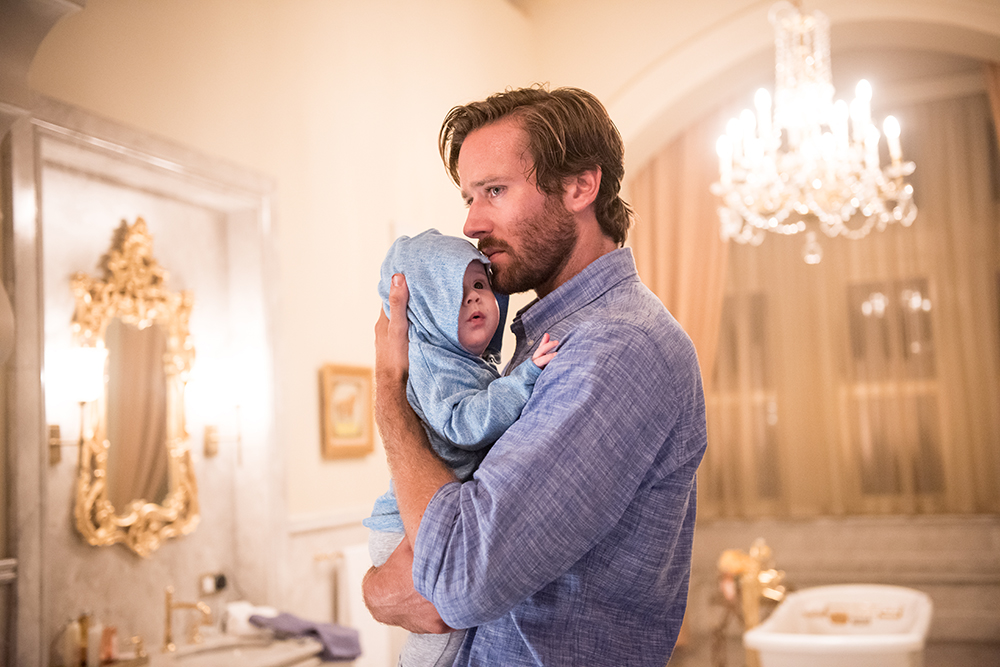
How was it playing this role as a parent? This is your first time playing a father, correct?
Yes, I think it is. It made it easy to draw on my own emotion if I was in that situation. It was also tough shooting these scenes where there were tough decisions that my character had to make throughout the film. Just thinking how I would react in the same situation made it a little bit easier, but also emotionally taxing.
Is the character a composite?
He is. He’s an amalgamation of, I believe, two people who were both in the attacks. It was almost double the responsibility to try to get this right. In this situation, we’re playing people who have gone through an incredibly traumatic and harrowing attack. In some cases, the people who went through it will see this film, so you don’t want to do anything but show the reality of the situation. Anthony [Maras] attacked this film like an investigative journalist and did so much research. We had so much footage from the news. We had the telephone calls. We had an extensive rehearsal period where we sat around and we read all the transcripts. We read the firsthand accounts of what happened and talked about it. There was a sense of accountability.
The events in the film must have been traumatic. What horrifies you personally?
I think the thing that scares me the most is probably spiders and I haven’t made a movie where I have to deal with too many spiders — so that’s good. [Laughs.] The element of horror in this film isn’t jump scares or quiet moments with screams. It’s the tension that just continues to build and build, and it just makes the movie very visceral, like a first-person perspective of how going through that situation might feel.
What really caught my attention last night [at the TIFF premiere], seeing it with an audience for the first time, there were moments with laughter that I was not expecting… the tension was so pervasive that as soon as there was a moment that the audience could laugh, it’s almost like a release valve. It’s like nervous laughter more than anything. I wasn’t expecting that and it’s interesting to see.
“I made ‘Call Me By Your Name’ right before this film, so I went from riding bikes around the Italian countryside and drinking wine and eating pasta to being chased down hotel corridors by guys screaming at me with machine guns.”
Do you remember the attacks?
I remember watching bits and pieces of it because it was one of the first terror attacks that played out on the news. Most terror attacks that I can think of up until recent memory happened quickly, whether it be 9/11 or Oklahoma City, and then you’re dealing with the aftermath. In this, you were there watching and you experienced the hours and hours and hours of the attack.
The film plays with the idea of heroes with your character and many of the staff characters, especially the ones played by Dev Patel and Anupam Kher. Who are some of your heroes?
Paul Newman, [Federico] Fellini, David Fincher — I feel like I have so many and most of them are people who have blazed a trail in the industry. They normally say don’t meet your heroes because you’ll be disappointed. But I would say if David Fincher’s your hero, you should definitely meet him. He won’t let you down.
How does Hotel Mumbai contribute to the conversation on terrorism?
In most films with a terror attack, the terrorists are nameless, faceless agents of evil. In this film, you see the human side of it. You see kids who were, for lack of a better word, “tricked.” Who were told that their families would be getting money for this or told that maybe a surgery would be performed if they went in and did Jihad. You see how these kids got into this situation. You obviously see the emotional toll on the hostages, but then you also see the emotional toll that it takes on the gunmen committing the crimes. You see them struggling as well and it’s not a two-dimensional portrait of a faceless evil [person] with a gun or a bomb. You also see why they were motivated in the first place and, in their minds, what terror attacks were committed on them.
Do you worry that the film provides terrorists a platform or lets individuals off the hook by doing that?
The short answer is no. I don’t think that this is a movie where anyone with extremist tendencies will watch it and say, “I should do that.” I think if anything, the movie is a cautionary tale just about how emotionally, physically, and spiritually damaging an extremist ideal can be.
Hotel Mumbai must have been physically and emotionally exhausting as an action film, but you just came off Straight White Men on Broadway before the fest. What’s the difference between being in theater and being in a film? Which is tougher?
How much time do we have? Because I could talk about this for a long time. In a film, you might work 12- or 13-hour days, but you’re given breaks throughout the whole thing and you’re kind of pampered. In theater, it’s almost the opposite. You get a shorter amount of the day that you’re actually performing, but it requires 100 per cent of your focus. It’s almost like meditation because while you’re doing the show and you’re not speaking, there might be a moment where a thought pops into your head. That is the moment you are doomed because you’re no longer with everyone else on stage. The only way a theater production works is if everybody is one cohesive unit. You constantly have to keep yourself mentally locked in to what you’re doing.
In film, it’s very different. Even if you do a whole day, you rarely do one take that lasts more than five minutes, as opposed to a run of a show where you are doing a couple of hours nonstop and you don’t have the luxury of a director who will say, “That was really good, let’s go do this again. But do a little bit of that.” [On stage] you also don’t have the safety net of an editor who is going to take out all of the bad moments where you don’t get it right. There’s a lot more pressure in theater, but at the same time, it’s ephemeral. There’s nothing left at the end of it. When we finish our run, it’s gone, unlike film where it’s there in perpetuity.
How do you decompress after such an intense shoot?
I made Call Me By Your Name right before this film, so I went from riding bikes around the Italian countryside and drinking wine and eating pasta to being chased down hotel corridors by guys screaming at me with machine guns. [Hotel Mumbai] was very different. We, as a cast, just got very close and at the end of the day, we would get dinner, a glass of wine, and talk about the day.
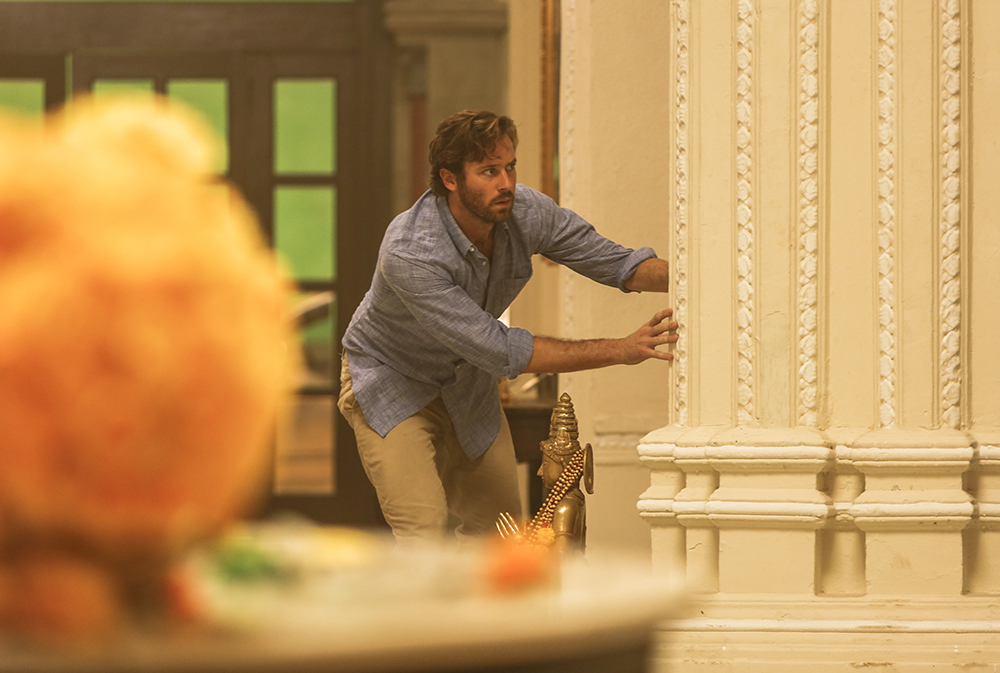
How do you choose your projects at this point in your career?
In the beginning of every actor’s career, you don’t really get a choice. You don’t get to moderate the direction you think your career should go — you’re just not afforded that opportunity. You have to take whatever job you can get and then try to build momentum and then hopefully you’re given some modicum of control. For me, I get to do something so different every time and I get to play very different characters. I’m a firm believer that variety is the spice of life. I love that I don’t have a job where I do the same thing every single day. If I don’t have to do the same thing every day, I might as well do something drastically different every time.
I’m not staying consciously away [from big Hollywood projects]. I just haven’t been presented with an opportunity that I wanted to do instead. The opportunities that are coming to me that I’m jumping at are the smaller passion projects. They’re interesting and unique. It’s really just me being selfish.
Speaking of passion projects, can you tell us anything about the Call Me By Your Name sequel?
It’s in development. It will be a couple of years and that’s by design. The book Call Me By Your Name actually has the story of the reunion [between Oliver and Elio]. Luca [Guadagnino] and André [Aciman] have kicked around ideas and I’ve heard a pitch of where they want the movie to go. It would be great to do.


